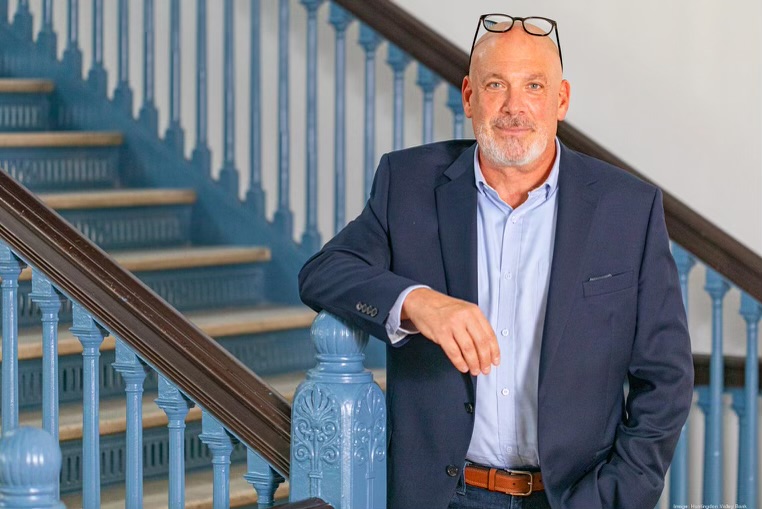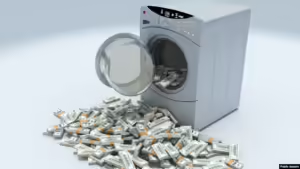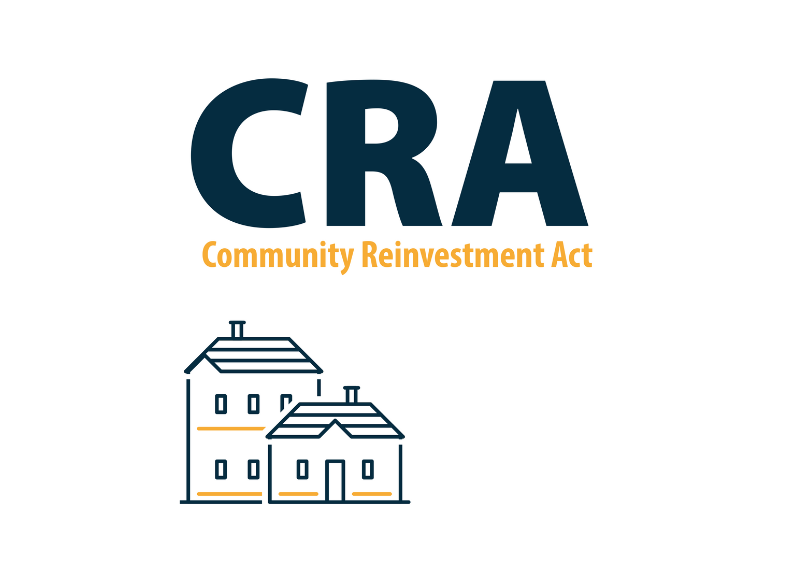Occasionally, a career calling produces a truly memorable professional. This individual—imbued with a level of natural talent, people skills, perseverance, and a heavy dose of optimism—can’t stop themselves from making their own luck and rising above all setbacks, no matter how daunting they may seem.
Banking+ connected with just such a Banker: Bob Marino, current Executive Chairman at Trusted Land Transfer, Phila., Pa.
Charmingly frank, street-smart, and from the hip, his traditional South Philly accent was on full display, much as an “all-in Disney dad” is immediately identifiable through wearing his Mickey ears before even boarding the plane at the airport.
Marino is the Vince Papale of banking.
The Early Entrepreneur
Growing Up in South Philly
He may have come upon his financial industry career roundaboutly. But while navigating the twists and turns of his profession, he kept himself anchored to a solid set of business values learned at a very early age.
Growing up in South Philadelphia in the 1960s and 1970s, Marino was no stranger to entrepreneurialism. His father who was a career postman, encouraged him to be an early go-getter, initially suggesting that Bob and his friends work at Veteran’s Stadium selling hot dogs and beer. He later encouraged them to be their own bosses, selling pretzels and soda outside the stadium.
Discovering the Entrepreneurial Spirit
Catching that commercial spirit, Marino and a childhood friend set out with two shopping carts loaded with 400 pretzels and cans of soda. The pair schlepped these goods from South Philadelphia to Center City and back before an evening’s Phillies game saw its first pitch. That effort comprised ten hours of work over approximately seven miles.
Finding Your Unique Selling Point
There was, however, a critical wrinkle in the young entrepreneurs’ business plan: A corps of existing pretzel vendors outside the stadium had, for years, operated under an informal but well-established food-service trade with permission from Veteran’s Stadium.
When Marino and his friend set up their shop, they quickly drew a long line of customers—thanks in large part to the fact that they were also selling soda, something the other vendors, as it turned out, were prohibited from doing.
But this success was short-lived.
“All of a sudden,” Marino recalls, “my friend was being attacked by four guys who also had pretzel carts. They knocked over his soda, and we realized we were in trouble.”
In a panic, Marino called his father from a payphone. Within minutes, his dad showed up, armed with a crowbar, ready to defend the teenage businessmen.
The situation de-escalated, but the lesson learned stuck. “We were selling something those guys weren’t allowed to,” Marino stated. He and his partner had unintentionally found a competitive advantage by offering something unique—soda paired with pretzels—rather than just the salty baked goods alone.
It was a lasting lesson: success often comes from providing a service or product that others don’t, won’t or can’t.
Street Smarts
Surviving the Tough Times
Marino has been a city resident long enough to have witnessed the downward spiral Philadelphia experienced between 1960 and 1990. He and his neighbors saw for themselves the mass exodus from the city center as people moved to outer destinations like Northeast Philly.
Neighborhoods became rough during those decades. Nonetheless, Marino attended the prestigious Philadelphia Central High School class No. 241. To do so, he trekked from South Philly to North Philly daily. The toughness of the city and the resilience required to navigate that route safely played a formative role in his development.
“Just going from South Philly to North Philly on the subway, we got into fights almost every day,” Marino says. “The subway stopped at every freaking stop, every six blocks, for 10 miles from South Philly to Center City to North Philly. And the trains were much different; They were 80 years old even back then and beat up with windows broken and seats falling out,” he “fondly” recalls.

Learning to Navigate Challenges
But in one instance, Marino’s rough-and-tumble surroundings provided a unique opportunity.
His home turf put him near the shooting locations for Rocky II, the 1979 sequel to the 1977 Best Picture winner. When the production company was in South Philadelphia, Marino nudged his way into one scene as an extra.
“I loved the first Rocky film,” he recalls. “And when I heard they were filming the second one down the street, I snuck my way onto the set. For an entire day, I kept moving, out of fear of being noticed as someone who didn’t belong. And ultimately, I didn’t end up on the cutting-room floor.”

By the mid-1990s, things shifted in Philadelphia’s overall vibe. Following trends seen in New York a decade earlier, Center City Philadelphia began to gentrify, with new restaurants and shops popping up, transforming once rough areas like 13th Street into thriving destinations.
The Influence of a Great Teacher
Marino fondly recalls a pivotal teacher from his time at Central High School, Dr. Weisberg, the head of the English Literature department. As a kid from South Philly, Marino had difficulties in his English classes in a school where every student was bright and competitive. Dr. Weisberg took a personal interest in him, inviting Marino to work with him during lunch breaks.
One of Weisberg’s lasting lessons was that intelligence comes in different forms. “Some of these kids will be great people in society,” Weisberg told him,” and others are so smart they won’t be able to cross the street.”
This encouragement helped Marino see the value in his own experiences, especially his tough, South Philly upbringing. Weisberg’s advice—that Marino’s background would ultimately be a strength—stuck with him.
Key to Success? Perseverance and Adaptability
Marino explains that despite never being a commercial lender, his career journey was one of perseverance and adaptability. He notes: “Many bank presidents have a legal background and/or commercial lending experience. But my path to an executive seat came first by working in the back-office and then through the cash management and treasury departments, which is very unusual.”
In an early-career role at Meridian Bank (1984–1986), Marino found himself juggling college and part-time work in the ATM department. A year in, management noticed his potential and offered him the role of managing the bank’s money room, where currency from all branches was handled.
In response to that proposal, at just 20 years old, Marino reclassified himself at Temple University as a part-time student and took on the full-time job of overseeing 40 employees. His father was chagrined. “He told me I was nuts to slow down my college career to focus only on a career in banking,” Marino remembers.
Choosing the Less Conventional Path
A pivotal moment came when his 26-year-old bank manager, who had risen quickly through the ranks by rotating through various departments, shared a valuable lesson. While most trainees aspired to commercial lending, the “glamour” job, this manager had chosen operations—a less conventional path. “Everyone wants the same thing,” the mentor told Marino. “I chose operations to avoid competing with people just like me for the next 20 years.”
That out-of-the-box thinking stuck with Marino, who used this philosophy to break molds everywhere he went.
Marino’s Career Transitions and Adaptations
After working in the securities department for six to nine months, Marino received an offer from Butcher and Singer. Philadelphia’s largest and most successful investment brokerage of the time.
A manager from Meridian’s International Department, however, countered with an offer to make him a customer service manager, despite Marino’s lack of international experience.
Marino stayed in that role for three years but realized he wanted to shift into sales, particularly in the cash management department. Determined to break into the field despite having no sales background, Marino took a systems administrator role in the Cash Management Services group, where he installed software for businesses and learned its intricacies.
This position required another long commute, this time from South Philly to Reading, Pa. But Marino saw it as a tremendous opportunity.
“It generally took me an hour and 30 minutes to get to Reading and two-and-a-half hours to get back home. But I knew it was my only path to a sales position in that department.
“Back then—imagine this—there were no cell phones, which meant long rides with no calls: No sales calls; no checking in with the team; no calling your wife. Nothing.
“It’s just you, the road, and the radio.
“Except my 1985 Chevy Cavalier did not have a working radio. So, my battery-powered Boombox rode shotgun and I listened to Howard Stern in the mornings in the early 1990s, which is extremely different from the Howard Stern of today,” he notes.
When commuting home, Marino passed the miles glued to local Philly sports-talk radio.
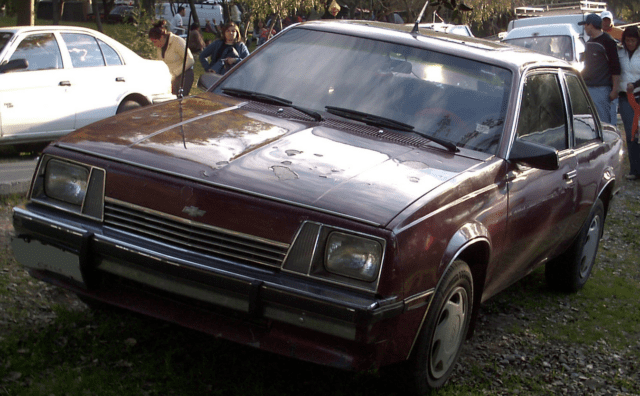
For six months, he shored up his technical knowledge, learning on the job and gradually transitioning into sales. In a sink-or-swim environment, Marino swam.
“[The cash management position] gave me my foot in the door,” he relates. “Now, I’m out there with the cash management salespeople.
“And, by the way, for six months, I had to fake it. I had to act like I knew about systems and software and all that. I was learning on the job. But it was the only way to get my foot in the door.
“Now I’m on in-person sales calls with the cash management team installing the software, and I’m hearing their pitch to sell cash management services. So, through osmosis, I’m getting that education in cash management sales. I listened to the team and how they drew out the clients’ needs and then, on my own, I went home and figured out what my suggestions for a solution would be.”
In 1993, a cash management sales position opened in Delaware, reducing his commute and solidifying his role as a salesperson. Marino excelled, becoming one of the top sellers of cash management services.
“You gotta understand that sales positions were undervalued at the time,” he asserts. “And there were no commissions or bonuses. Sales in banking was considered a dirty word.
“Movies like Glengarry Glen Ross proved to me that I needed to hustle, ask for business, and continually follow up with clients to get their business. By today’s standards, that movie and Boiler Room are movies that bankers either loved or hated.”
Transition from Meridian
Concurrent with these career moves, Marino was attending Temple University. Initially a full-time student and part-time bank employee, he soon switched to full-time work and part-time studies. Between the ages of 25–35, he completed his undergraduate degree at Temple and earned an MBA from Saint Joseph’s University attending night and weekend classes.
By 1995, Marino felt that his sales work for the Meridian cash management products—including a scaled-down treasury workstation for small businesses—was successful enough to warrant his migration to a bold concept: commission-based pay.
The bank management disagreed.
Therefore in 1995, Marino interviewed with National Penn Bank to launch its cash management sales group.
“What Do I Tell My Wife?”
He walked out of the National Penn Bank headquarters with his dream compensation offer that had one catch: no guaranteed salary.
Marino recalls the weight of that decision: “I figured that having just left Meridian—where it didn’t matter if I was average or great, I still made the same amount of money—what I was betting on was this: If I was going to rise to the top, I wanted to make sure I was getting a bigger slice of the pie.”
The implications of that compensation arrangement loomed large for Marino. At this time in his life, he and his wife had a one-year-old daughter, and his spouse had vacated her full-time position to stay home with the baby. He entered this new arrangement with National Penn with the family’s income now effectively cut to zero but with unlimited upside.
He knew he had to devise a specific way to inform his wife about the family’s new budgetary situation while concurrently projecting his belief that everything would work out.
He remembers: “I knew that, if she could see my vision of our family’s future with this move, she would ultimately support it because she was always my biggest cheerleader in everything I did.”
As with many communications between husbands and wives, this conversation had to be handled delicately.
He nervously pulled into the family’s driveway rehearsing his speech.
But little did he know, the cat was already out of the bag.
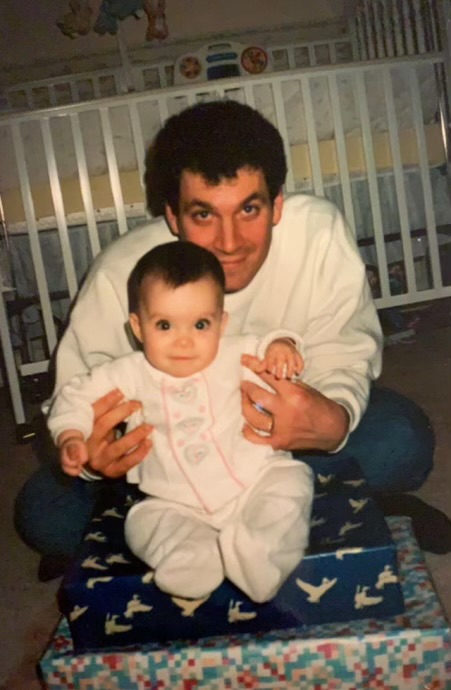
More details on that conversation, the offer at stake, its aftermath, and the remaining overview of Bob Marino’s unconventional banking career will appear in Part Two.
Don’t forget to subscribe to have it delivered to your inbox!

